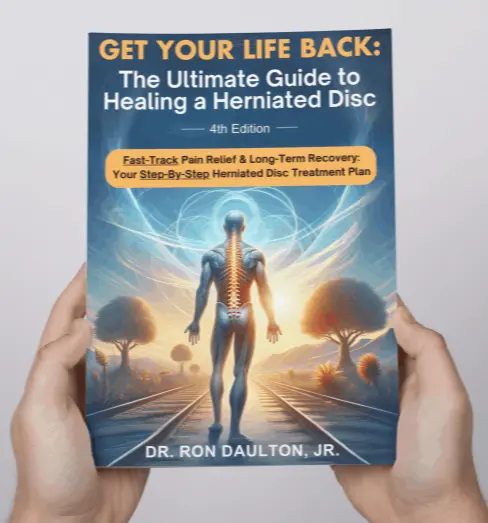When weighing the options between traditional and alternative treatments for herniated discs, it's crucial to consider their effectiveness, safety, side effects, cost, and accessibility.
Effectiveness: The success rates of traditional treatments like surgery can vary, but can sometimes provide significant and immediate relief from pain and other symptoms.
The effectiveness can vary based on the type of surgery and the individual's overall health.
In contrast, alternative treatments such as chiropractic care and acupuncture may offer gradual improvement and are often more focused on long-term management and prevention of recurrence.
Patient satisfaction in alternative therapies is often high, based on the holistic approach and the reduced reliance on medications or invasive procedures.
Safety and Side Effects: Traditional treatments, particularly surgery, carry inherent risks like infection, nerve damage, and the possibility of failed back surgery syndrome.
Medications, while effective in pain management, can lead to side effects such as gastrointestinal issues or dependency.
Alternative treatments are generally considered safer, with fewer and less severe side effects.
However, it's important to ensure that any alternative therapy is performed by a qualified professional to avoid potential risks like improper spinal manipulation.
Cost and Accessibility: The financial aspect is a significant consideration.
Surgeries and long-term medication can be expensive, and while often covered by insurance, they can still leave patients with substantial out-of-pocket costs.
Alternative treatments can also be costly, especially since they may require multiple sessions over an extended period, and are less likely to be covered by insurance.
In terms of accessibility, traditional treatments are widely available and often the first recommendation of medical professionals.
Alternative therapies, while increasingly popular, might not be as readily accessible in some regions, requiring patients to seek out specialized practitioners.
In summary, both traditional and alternative treatments have their merits and drawbacks.
The choice often depends on individual circumstances, including the severity of the herniated disc, personal health goals, and the patient's overall health condition.
It's essential for patients to discuss all options with their healthcare provider to make an informed decision that aligns with their needs and lifestyle.











